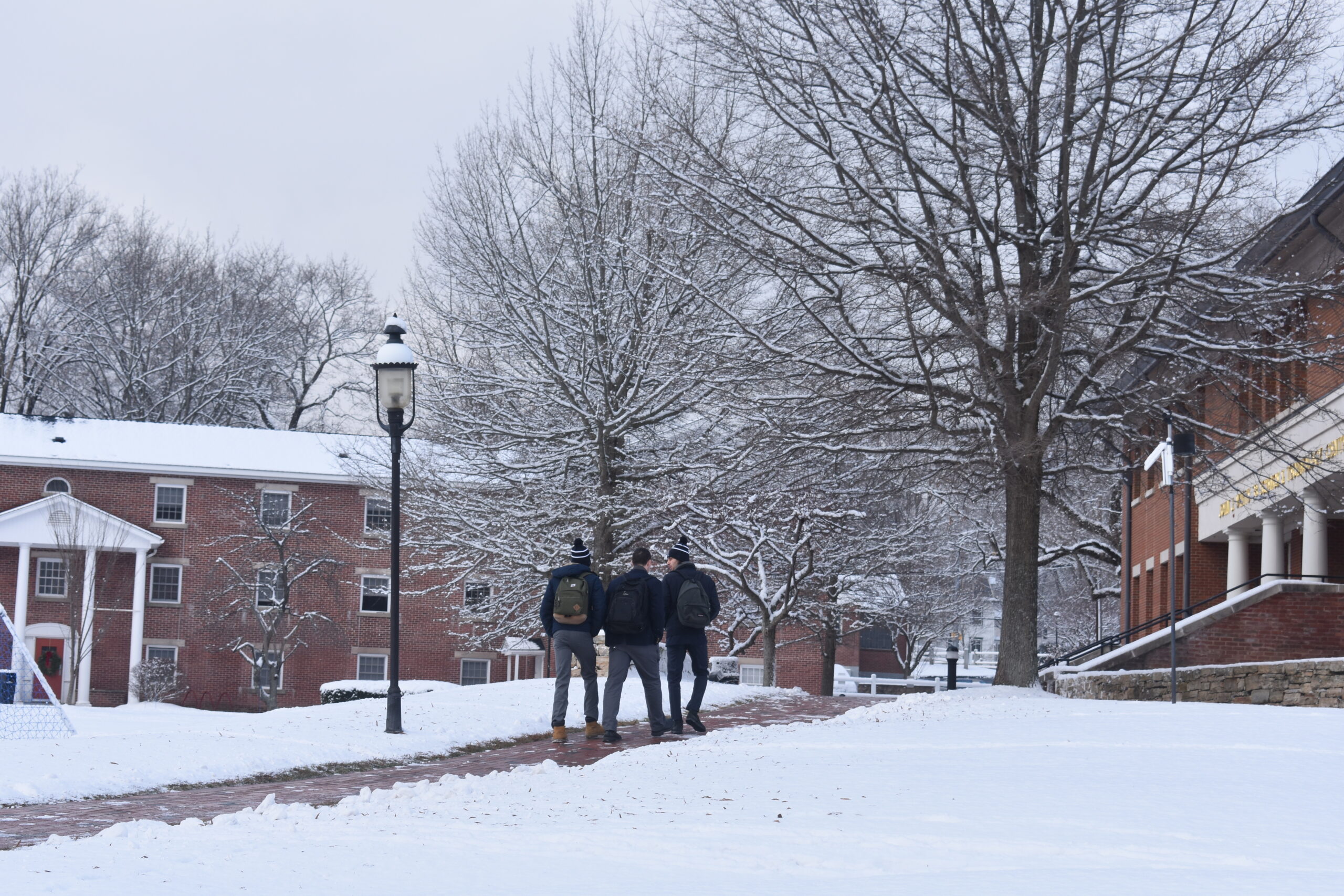You’ve probably heard of Advancement Placement (AP) courses offered at many high schools across the country. But there’s another option for curious, motivated students that is more widely recognized around the globe: the International Baccalaureate Programme® (IB).
Learn more to find out if the IB is right for you below, and get your questions answered from Cheshire Academy, Connecticut’s only independent boarding school to offer a full IB Diploma.
What is IB?
Respected throughout the world, the IB is an internationally consistent, global education program. Founded in 1968, this high-quality, wholistic approach emphasizes creativity, synthesis, critical thinking, and deep understanding. Students are encouraged to formulate their own ideas and come to their own conclusions, leaving room for independent thinking, greater self-expression, and personal exploration.
Cheshire Academy became an IB World School in 2011, joining a community of more than 5,000 schools around the globe. The only independent boarding school in Connecticut to offer the full IB Diploma program, CA provides a rigorous curriculum designed to develop graduates with an unrivaled breadth and depth of knowledge.
What kind of student is best suited for an International Baccalaureate education?

The IB is for students who think globally, want to take ownership of their learning, and seek to become more determined, mature learners. Both comprehensive and nuanced, the IB offers students a chance to earn college credits while broadening their academic experience beyond constrictive exam-based approaches.
Cheshire Academy takes an individualized approach to teaching and learning. The IB perfectly complements our philosophy, as it seamlessly enhances the supportive and challenging range of CA’s academic curriculum and high standards of a diverse student body.
Is the IB only for gifted and straight-A students?

All students can benefit from IB education – whether they take one or two classes or enroll in the full diploma program. The ultimate goal is fostering students who are resilient and self-motivated, with the knowledge, skills, and sense of purpose necessary to thrive, making the world a better place.
At Cheshire Academy, all students take at least one IB course during their 11th and 12th grade years. Courses span a variety of topics – from language and the arts to science and mathematics. Students choose based on their own interests and the level of challenge they find appropriate – standard level (SL) or higher level (HL).
How will I benefit from a full IB diploma?
Students can opt to pursue the IB diploma, which entails completing six IB courses and a three-part core requirement involving reflection on the nature of knowledge, independent research, and a project that usually includes community service.
IB courses tend to go into more depth than the AP courses, which usually cover a wider breadth of information with less time spent on each aspect, experts say. IB diploma programs are two years while AP classes typically last a semester or two. IB courses tend to be student-centered and inquiry-based, requiring students to collaborate and think critically.
Cheshire Academy students who choose to pursue this second diploma gain rigorous and balanced academic preparation drawn from various cultures and histories, as well as exemplary writing skills. They learn to think critically and apply what they learn across disciplines and have an ethical grounding.
What kind of curriculum does the International Baccalaureate have?

In the IB curriculum, students can select their courses from six areas: language and literature; language acquisition; individuals and societies; sciences; mathematics; and arts.
IB diploma candidates complete three core elements that broaden their educational experience:
- The Extended Essay: independent, self-directed research culminating in a 4,000-word paper
- Theory of Knowledge: completion of a course develops an approach to learning and helps them understand knowledge as a human construction
- Creativity, Activity, and Service (CAS) — Activities pursued in tandem with academics, including the arts, physical activity and community work.
How are IB students graded and assessed?
Assessment is a key difference between IB and traditional high school academics and AP programs. Rather than grading with final exams and peer comparison, IB grading is based on each student’s performance measured against recognized criteria based on the aims and objectives of the subject. Students are assessed over the program through evaluations, including oral, written, and group projects, that make up the final grade, not final exams.
What do colleges think of the International Baccalaureate Programme®?

The world’s leading universities recognize and respect the IB program. Many colleges and universities in the US offer benefits to IB graduates, including credit for their course scores, scholarships, and tuition assistance. Some allow IB Diploma graduates to enter as second-year students.
The IB program reports the acceptance rate of IB students into Ivy League universities is up to 18% higher than the total population acceptance rate. The gap is even more significant for top-ranked schools outside the Ivy League, where it is 22% higher, on average.
At Cheshire Academy, students begin considering their college options as soon as they get to campus. A team of professional college counselors meets students where they are, and, through a comprehensive, four-year program, helps them find their “right fit” school.
Ready to learn more about Cheshire Academy?
Cheshire Academy is now enrolling in select grades. Talk to an admission counselor or schedule your tour today! Contact us at admission@cheshireacademy.org or 203-439-7250. We look forward to hearing from you.






